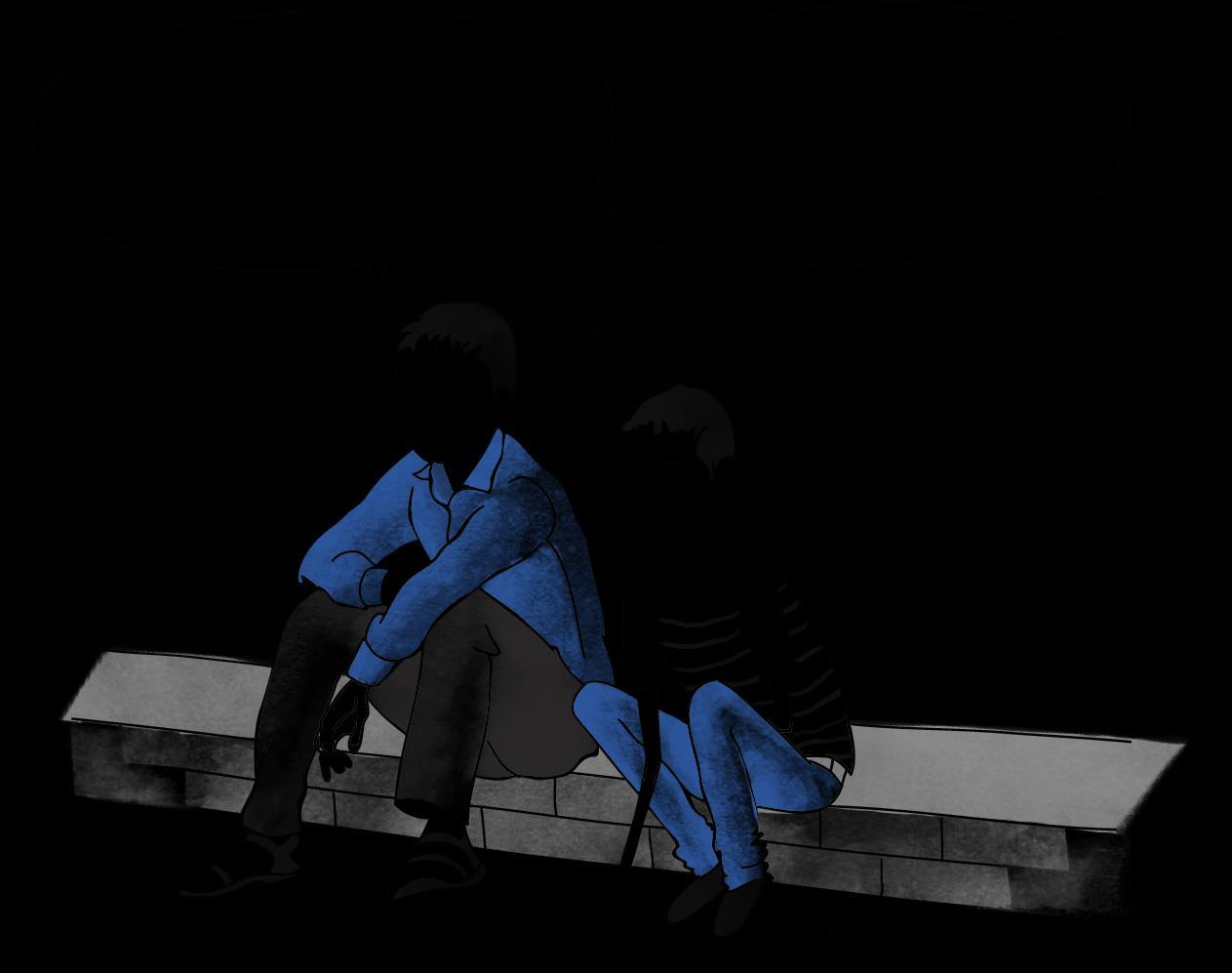
15 minute read
Give space to learn and think & grow
14.Give space to learn and think- We learn a whole lot more by making our own mistakes, and thinking things through for ourselves, than we do from being told what to do by someone else. Teenagers are exactly the same. We need to have the confidence in the teen that they can find their own solutions to their problems. Appreciate that the teenager has a different view of the world and respect their opinions.
Our role has to gradually move to helping them to think things through it. It is important that we give them the space to do so, and make clear that we are available for discussion if necessary.
Advertisement
“I see that you are thinking and doing things differently”
“But this is a good thing….you are learning to be your own person”
15. Accept & care for who the teen is - Instead of wanting to change them altogether, help and groom them to develop their unique strengths and feel excited about their interests. This will help the teen to develop a sense of pride and confidence.
Activity
Now, examine yourself against the above and assess yourself. List out the ways that you typically behave that useful, and those that are not.
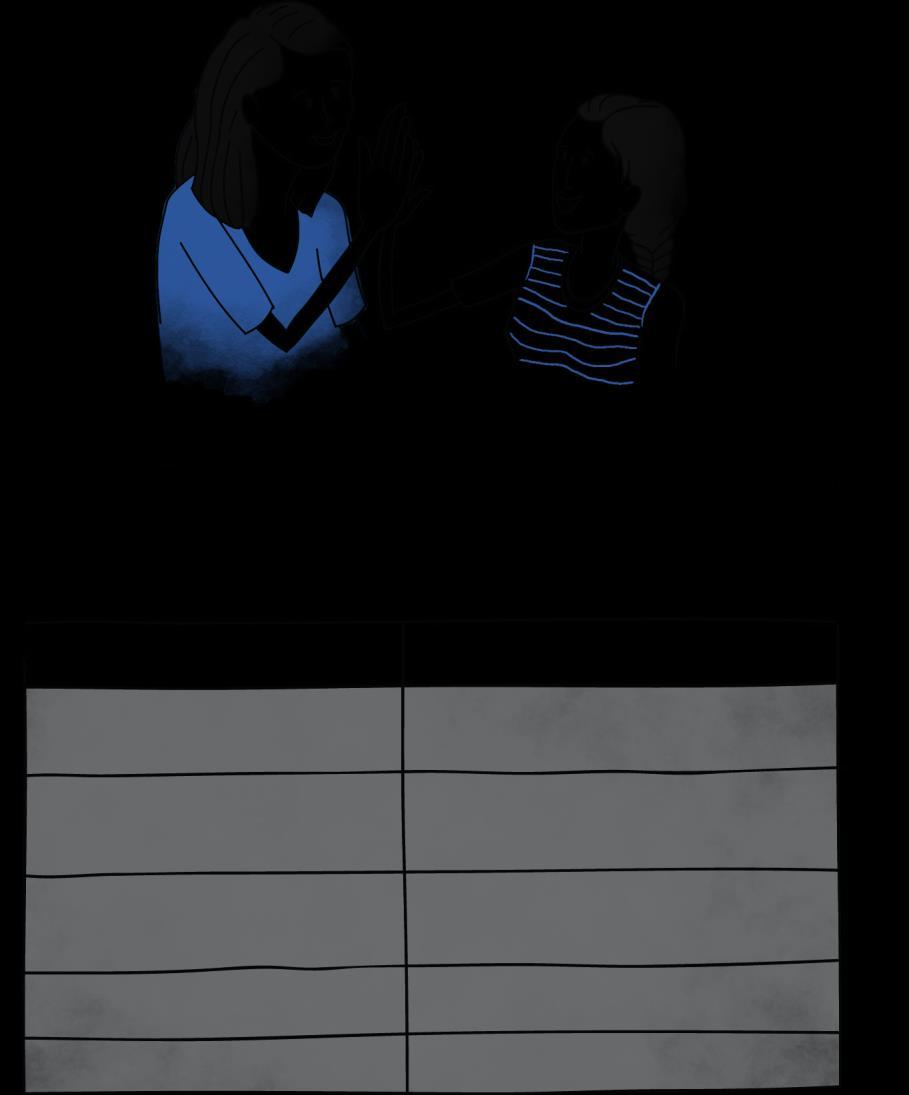
My behaviours that are helpful My behaviours that are not helpful
I try to speak respectfully
I am ready to negotiate
I don‟t confront every behaviour
So, then what is the right way with a teenager?
Striking a balance between rejecting to being too involved
A teen‟s job is to grow up and become an independent adult. As a carer, my role is to help them through this process. I will help them to make good choices. I will ensure that they stay safe through this journey.
Adults are a big influence on the young who is shaping up in front of them.
Teenagers‟ life progress is rarely straightforward. They are negotiating a huge change…a lot is not in their hands.
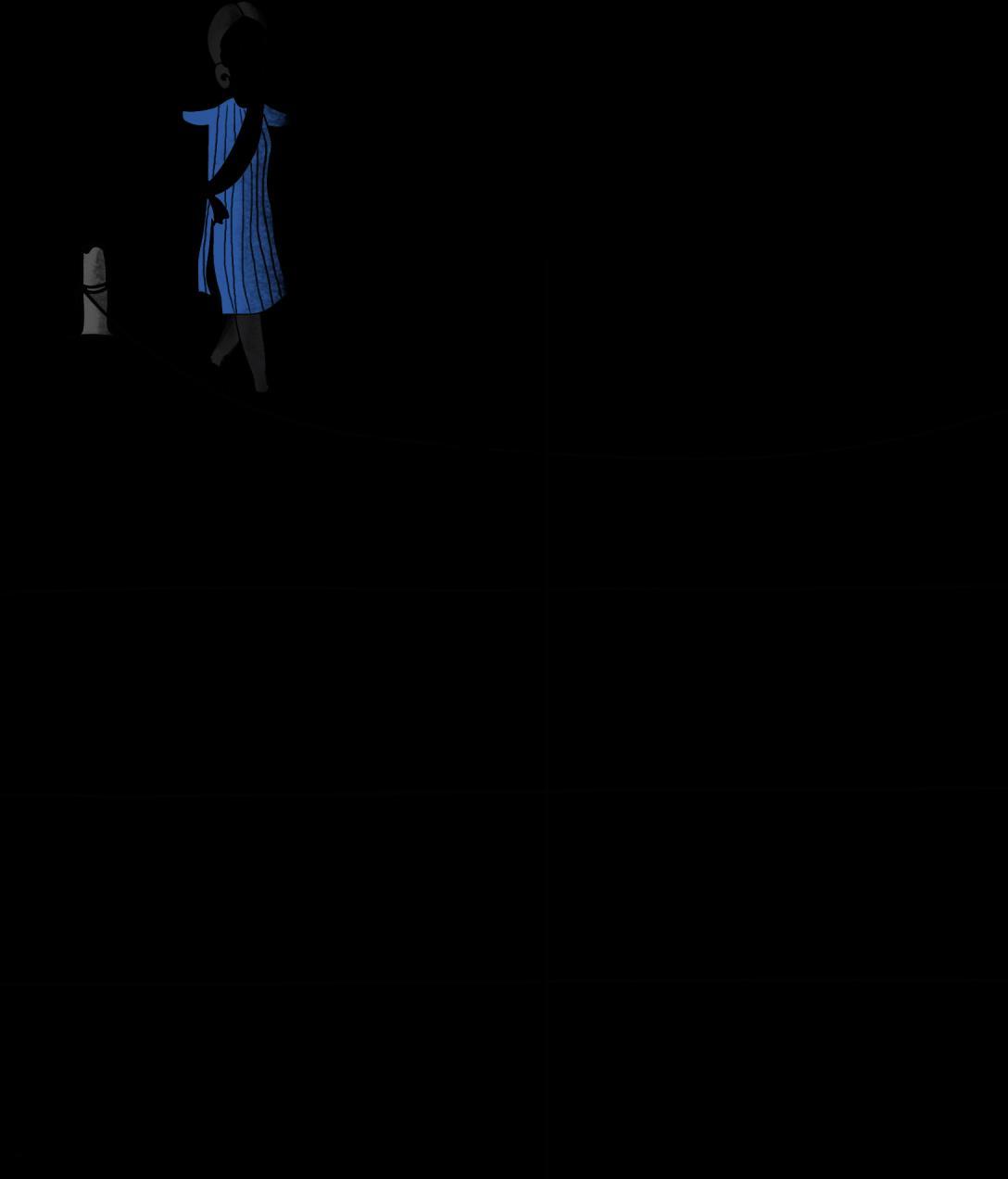
Teens will use behaviours and strategies that have helped them to survive and cope.
Times have changed drastically. The norms 10 years back have changed. I will be the adult in their lives who they can trust and on whom they can rely on. I will provide them with a sense of security and consistency.
I will not ignore/avoid or reject the teen. Without losing my temper or getting disappointed, I will help the teen to go through this roller coaster journey. Will enable and empower them.
I will nurture them, not as a disciplining parent but as a coach and friend. I will think of it as a partnership.
I will not take their resistance or anger personally. Even in the face of resistance or even aggression, I will be patient, flexible and try to negotiate, and be respectful.
Even when she is aggressive, I will teach her other ways to communicate and negotiate what she wants.
16. Some practical tips-
Setting Rules- Instead of nagging, shouting or pushing, set up some ground rules that address the basic concerns. As much as teenagers protest the rules, they really are craving the structure or the safety it provides to them.
There are several concerns around which rules can be made, some of them being- Wakeup and sleep time, chores, dressing, school behaviour and grades, smoking, Alcohol/drug use, cell phone use, expression of anger or violence, attractions and interactions, conflict resolution, running away from the home etc. These can be prepared under the following themes-
Rules should be in form of contracts. Teens like to, can and should be involved in the rule-making process. This gives them a sense of autonomy. Choose the most important things to make rules about, asking them to propose some fair rules. In an interactive session sit with the teens and list out the

behaviours to be put on the list. It‟s best to have more „do’ than „don’t’ rules. Don‟t make the list too long.
Next, help them to think about what they think the consequence should be if they break a rule.
Writing down the rules is helpful. After creating these rules and consequences, the most important part is implementing it consistently.
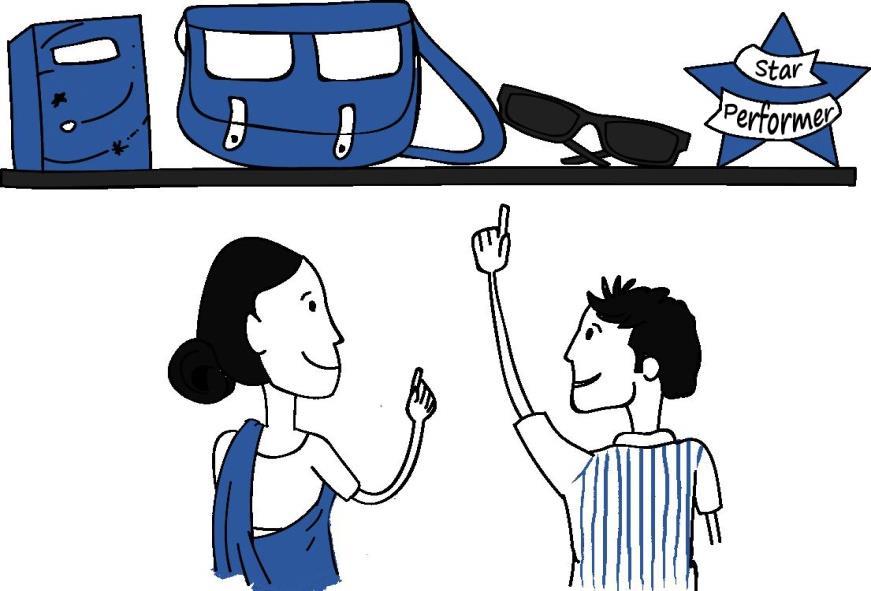
2.Using Rewards method-Is a simple yet effective way of encouraging change in behaviour by offering an incentive in exchange .The technique can be used extensively with teens. The method is discussed in the booklet titled Reward chart method” in the series called Healthy children, happy children. Remember to have rewards that are suitable for their age. A handful of chocolates might have worked when she was 6 or 8, but it isn't likely to change the behaviour of a teenager. Therefore it is important to allow the teen to have some say in their rewards or privileges.
3. Age appropriate Routine- As we understood earlier, teens are developing cognitively, socially and emotionally. If we continue having the same methods and routines they will be bored and not motivated. Ensure that the daily routine has activity options that are suited for the growing age and match their development. See that at least some of the activities each day are age appropriate and are incorporated into the routine of activities. Changes have to be introduced both in the content and the way they are conducted. They need more excitement, need to feel independent and adult like.
Modify the routine and innovate to keep teens feel excited and engaged. Make activities relevant and full of zest.
content Modify Have a good mix of changes in the body, taking care of it, confidentiality, careers talks and lot of life skills. In addition, privacy, free time, dance, fun, sports time, open sessions, interesting movies based discussions, cooking sessions. Current affairs, grooming time etc. should also be included.
Modify Language

Modify methods Keep it informal, interesting, simple, fun.
Use lot of technology, offer hands on learning, physical exercise, vigorous games interactions with volunteers and young professions, Informal and formal interactions, relevant film based discussions, exposure visits, and use of more thinking, sharing, humor and friendly methods.
Straight Talk
It is adequately clear that as adolescents negotiate teenage, we cannot and should not try to define their journey for them. What we can do and do effectively to enable and empower them is to Educate! By educating, we are arming the young teens with the right information, which will influence their teen moments, days and months.
A transition is a time that brings up a lot of thoughts and ideas in the mind of the teen and therefore it is ideal time to bring up these. They are searching, looking for clarity and are hungry for these conversations. Having someone encourages and support that search feels good; feels right and helps them immensely as they go about understanding life.
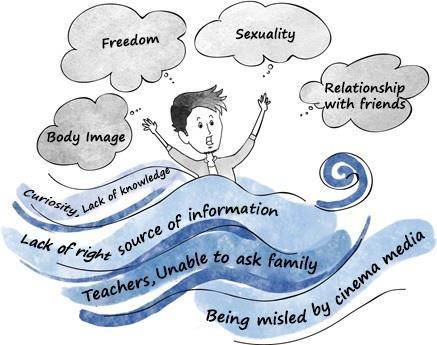
There are many important themes, but remember not to miss focusing of following:
Alcohol & drugs
Most teens in our care are not strangers to alcohol and drugs. Many of them are introduced to soft drugs, solution and even alcohol due to various circumstances and pressures on the streets. Some others will want to experiment with it as they move through their teenage. It is important that we talk about the risks and consequences associated with drug use. Highlight that, whether initiated by themselves or in the company of peers, drugs might make them feel relaxed, sociable and full of energy initially, but there can be serious consequences on their physical as well as mental health. In its influence , the inability to make responsible and safe decisions are almost always compromised, which can costs dearly, from falling behind in class, to major consequences such as assault, rape , injury, and even death.
Sex and relationships
Romantic feelings and relationships are a major developmental milestone and involve exploring physical intimacy and sexual feelings as early as 911 years and teenage relationships around 14-15 yrs. From 15-19 years, romantic relationships can become central to their life.
As an essential part of our care, we must make sure that children are fully and correctly informed about its various dimensions.
Body and sexuality- Teen bodies are changing rapidly, sparking a lot of concerns and doubts in their minds. Explain in detail about the changes in various parts of the body, what to expect, what‟s natural, what‟s not etc. Discuss the feelings and awkwardness around these changes and how to manage them. Help them to understand that it‟s a universal process and everyone goes through these changes.
Curiosity and sexual behavior in teens can disturb us
But let us understand that these feelings lead teenagers to a deeper ability to care, share and develop intimate relationships

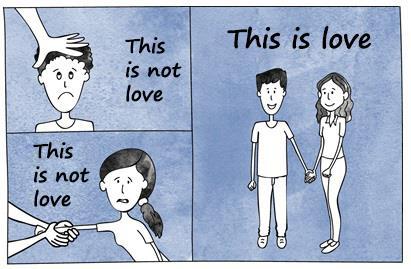
Healthy relationships- A big part of being a teenager is exploring new relationships. Broadening their understanding that there is much more to relationships than sex, help them to understand the nature of a „healthy‟ relationship in which both partners respect and support each other. We must also focus on talking about relationship problems- crushes, problems during a relationship, including potential abuse, to being rejected. Help them to understand and set expectations and boundaries in this regard. Teens must know how to identify if they are in an abusive relationship. The Right time - Teens need to understand the difference between love, infatuation and sex. Discussing with the teen when is the right time to become sexually active is very important. Help them to understand that sex carries with it, major responsibilities helping them to reflect and unpackaged what is meant by the “Right time”. Address assumptions, myths, attitudes and laws relating to sexuality e.g. - that sex is not proof of adulthood and it won‟t heal a troubled
relationship.
Pressure and consentWhen it comes to
adolescents and sexual
experimentation, it needs to be strongly emphasized that a prerequisite for appropriate sexual activity and the way to avoid abuse
Yes Or No
is “consent”. Help them to understand that it‟s never
okay to push someone to engage in any kind of sexual or romantic activity or to go further or faster than they‟re ready for nor be pressurised by another person to do the same. Many teenagers find it awkward and difficult to
ask, grant or withhold consent but it needs to be stressed that paying attention to how others are feeling is an essential part of any relationship and the concept of explicit consent.
There are several other themes that need to discussed, some these include pornography, sexting, masturbation, marriage, pregnancy, contraception, sexually transmitted diseases etc. all connected to
Silence is not consent
Agreeing to meet alone is not consent Wearing tight clothes is not a yes Having tea or coffee together is not a yes Laughing at your jokes is not a yes Sharing my secrets with you is not a yes No does not mean yes . No means no.
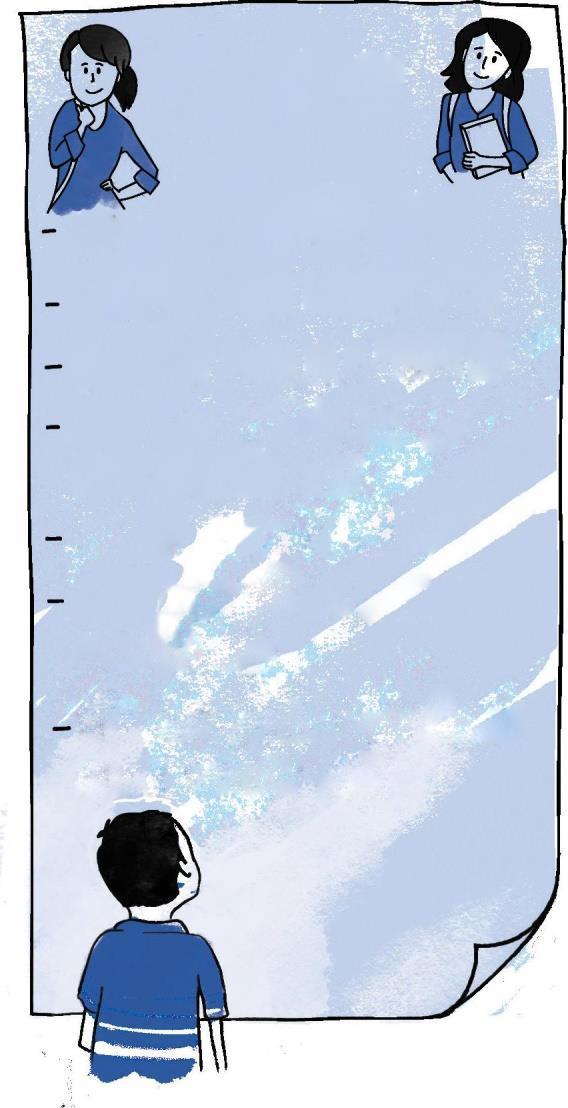
respecting one‟s own and other people‟s body and sexuality.
Laws- Teens should be familiarised with the legal implication of sexual activity both before 18 and after 18yrs. A detailed orientation on the POCSO Act will help them understand their Rights as well as their role in respecting and protecting the safety or other children and teens.
Completion of Education & Career Without putting pressure, help the teens to understand that they are gradually nearing the end of childhood, in its legal sense and the impending exit and transition out of the home in the coming years.
Even though the academic road will get more difficult, encourage them to complete formal education up to senior secondary or at least 10th . They should be introduced to the Udaan transition program where they will begin thinking about further study, choice of a vocational training, jobs, careers etc.
Careers
Formal education
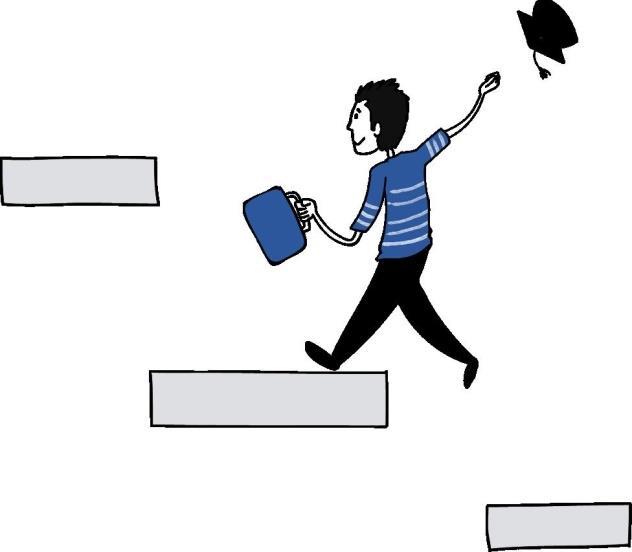
School
Managing stress and resilience
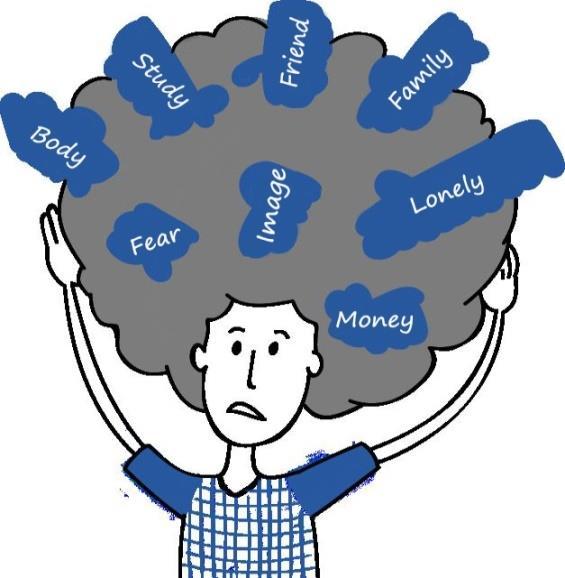
Teens face challenges such as changing relationships with peers, bullying, new demands at school, concerns about body image, safety issues and concerns about future. There are also everyday issues like arguments with friends, disappointing test results or bullying etc. They have to learn how to manage these stresses that will invariably be part and parcel of life now and as they move on their journey. Some face more serious challenges like family issues like illness or death, and others have more challenges than others because of learning difficulties or disabilities, or because they have more anxious personalities. We need to help them identify ways in which they can relieve their stress in a healthy ways.These include exercising, getting enough sleep, listening to music, writing, drawing, eat adequately and reminding themselves of their accomplishments. Teaching them to be resilient will help them to prepare, cope find alternatives, overcome challenges, bounce back and keep moving forward.
Increasing their repertoire of skills-
Teens also need to be helped to understand that life is a roller- coaster. There are many changes they are facing during this temporary phase and then there will be compelling social and emotional situations to encounter and negotiate and cope with later. A good range of Life skills are the competencies that will help them to carry on their existence effectively in the process of change.
Help them to understand that they need to prepare themselves with skills for practical day to day living and daily challenges and risks, independent decision making, healthy problem solving, effective communication skills, and constructive coping skills. This will increase awareness, improve safety and prepare them to live with dignity. This will enable them adequate, to feel liberated, to maintain their individuality, and to be productive individuals in society.
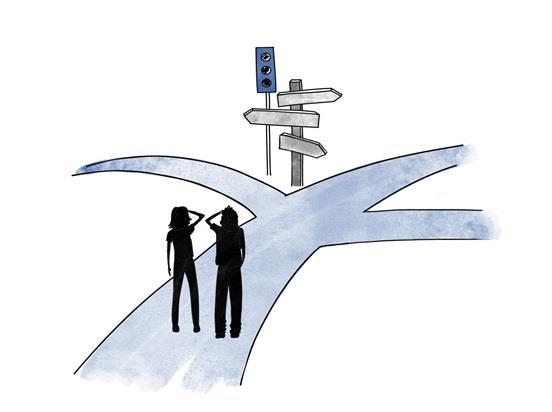
Choice: A matter of decisions.
We will have to help the teen to understand that life is like a road. There will be long and short roads; smooth and rocky roads; crooked and straight paths. There will be corners, detours & the most perplexing road that they would encounter; Cross roads!! Teens will need help to understand that the road they choose will put them through various experiences. While some will lead to happiness others to sadness, roads towards victory and jubilation, and roads leading to defeat and disappointment. Rather than being bewildered by consequences they weren‟t expecting, help them to connect the dots between choices they may make and consequences of those actions. Its important to emphasize them to exercise caution to not make decisions haphazardly and avoid choosing paths that would get make one to get lost and will be harmful. We need to help teens to understand that taking risks is not about being careless and stupid. Help them understand the balance between head and heart and to take make choices mindfully which will reduce the chances of it being wrong.
Taking Decision
1. Analyse - ask the 5 W's: what, who, when, where, and why. What is the situation? Who are the people involved? What did this happen? Where is this leading? Why are you in this situation? When do I start correcting it? 2. Identify and create options-Weigh the pros and cons of every option. 3.Assess each option by looking at the advantages and disadvantages, it offers, choosing the best option at this point in time. 42
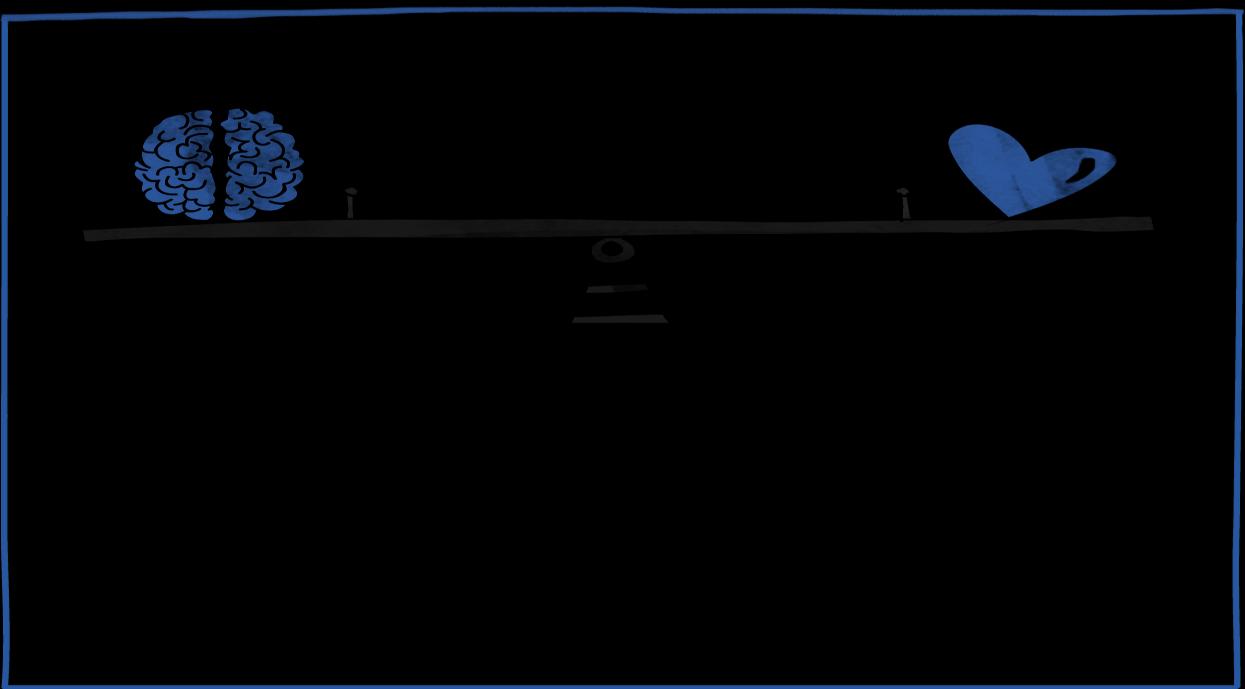
Seeking Professional Help

Teenage is a long period, lasting 7-8 yrs. While we as carers do our best to enable and empower them, and the consequences each day will teach them important life lessons, they will still continue to test the limits, and break the rules sometimes. Sometimes however, behaviours can be a sign of a more serious issue. Here are some behaviours that need us to seek
professional help-
Behaviour that interferes with school - Behaviour that interferes with the
education repeatedly may indicate a problem. Absolute refusal to attend school, getting sent out of class, getting into fights, and difficulty concentrating and staying on task are potential warning signs.
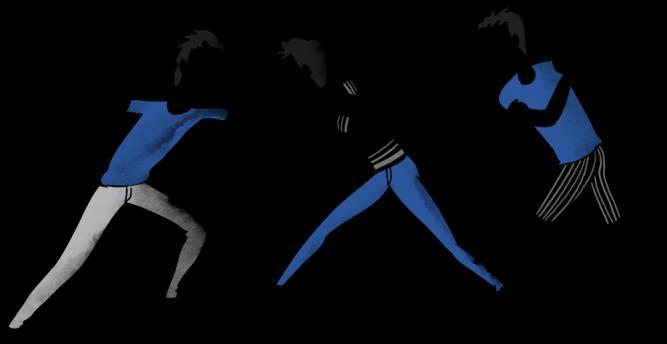
Behaviour that interferes with social interaction - It‟s normal for teens
to have spats with peers, but if a teen is spending a lot of her time alone, is disconnected with her peers and prevents him/her from having friends, or shunning all social activity, that's a concern
Extreme mood swings- Many common mental health problems, such as depression, have their onset in early adolescence. If the teen shows sadness and anxiety or extreme excitement that doesn‟t correct itself or decrease in intensity after a few days to a couple weeks, consult a professional.
Self-injury or talk about suicide - It‟s also important to have a child evaluated by a professional if there is any talk about suicide.
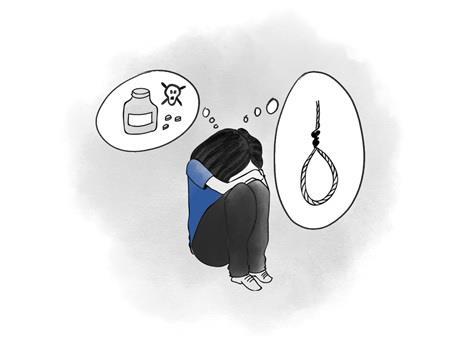
Violent behaviour including explosive temper tantrums, physical aggression, repeated threats or attempts to hurt others (including thoughts of wanting to kill others), use of weapons, cruelty toward animals, intentional destruction of property and vandalism are signs for seeking professional help. Repeatedly showing extremely risky behaviour and/or delinquent behaviour, disregard for rules or laws of society should also be attended to by professionals.
Sexualized behaviours that are not developmentally appropriate - Teens will show some forms of sexual experimentation. But this should never be coercive or excessive at any age and if, despite educating the teen it continues, seek expert help.
Discuss the situation with the team and seek appropriate help. Reassure the teen that the intention is to help them and not to make it worse. Help them to understand that getting professional help is not a sign of weakness or of failure but a sign that one wants things to be better. Whatever is going on, we will be with through this time, figuring out a plan together and supporting to be able to cope with it, till things are fine.
My thoughts
Love is a strong link between a child and Sneh Sathis, on which the emotional development of children depends. This booklet is part of a series that provides us with the necessary information to provide the best care for children so that children emerge from shock and attain stability and develop fully.




